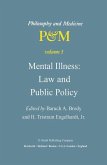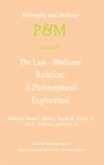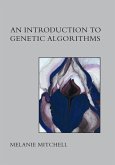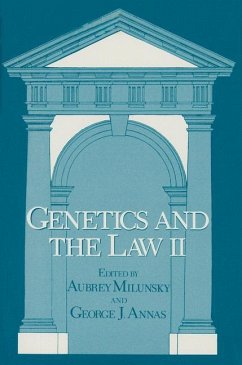The research field of biobanks and tissue research is highly promising. Many projects around the globe are involved in the collection of human tissue and health data for research purposes. These initiatives are driven by the perspective of decisive breakthroughs in the knowledge of the genetic pathways involved in widespread diseases. However, there are considerable ethical and legal challenges to be considered as well. These challenges encompass the use of body material for research purposes, the misuse of genetic and other health data by third parties, trust in science and medicine, concerns regarding privacy, use of genetic data for forensic applications by the state and the police, and regulatory issues. This volume is divided into three parts: the inclusion of the public, the rights of donors and patients, examples and recommendations for the future of tissue research. It presents a comprehensive overview of the most important topics in the field by renowned scholars in medical ethics and biolaw.
From the reviews:
"Address the legal and policy status of biobanking and tissue research, primarily in Europe ... . Since biobanking and tissue research engage such diverse disciplines as health and privacy law, biomedical and IT fields, the book's audience is likewise diverse. ... provides a unique resource for Europeans and non-Europeans ... . especially important for those who work on these issues internationally, and those who may not be familiar with the diversity of approaches and insights that can be learned from the European systems." (Stephanie Solomon, Doody's Review Service, December, 2011)
"Address the legal and policy status of biobanking and tissue research, primarily in Europe ... . Since biobanking and tissue research engage such diverse disciplines as health and privacy law, biomedical and IT fields, the book's audience is likewise diverse. ... provides a unique resource for Europeans and non-Europeans ... . especially important for those who work on these issues internationally, and those who may not be familiar with the diversity of approaches and insights that can be learned from the European systems." (Stephanie Solomon, Doody's Review Service, December, 2011)








